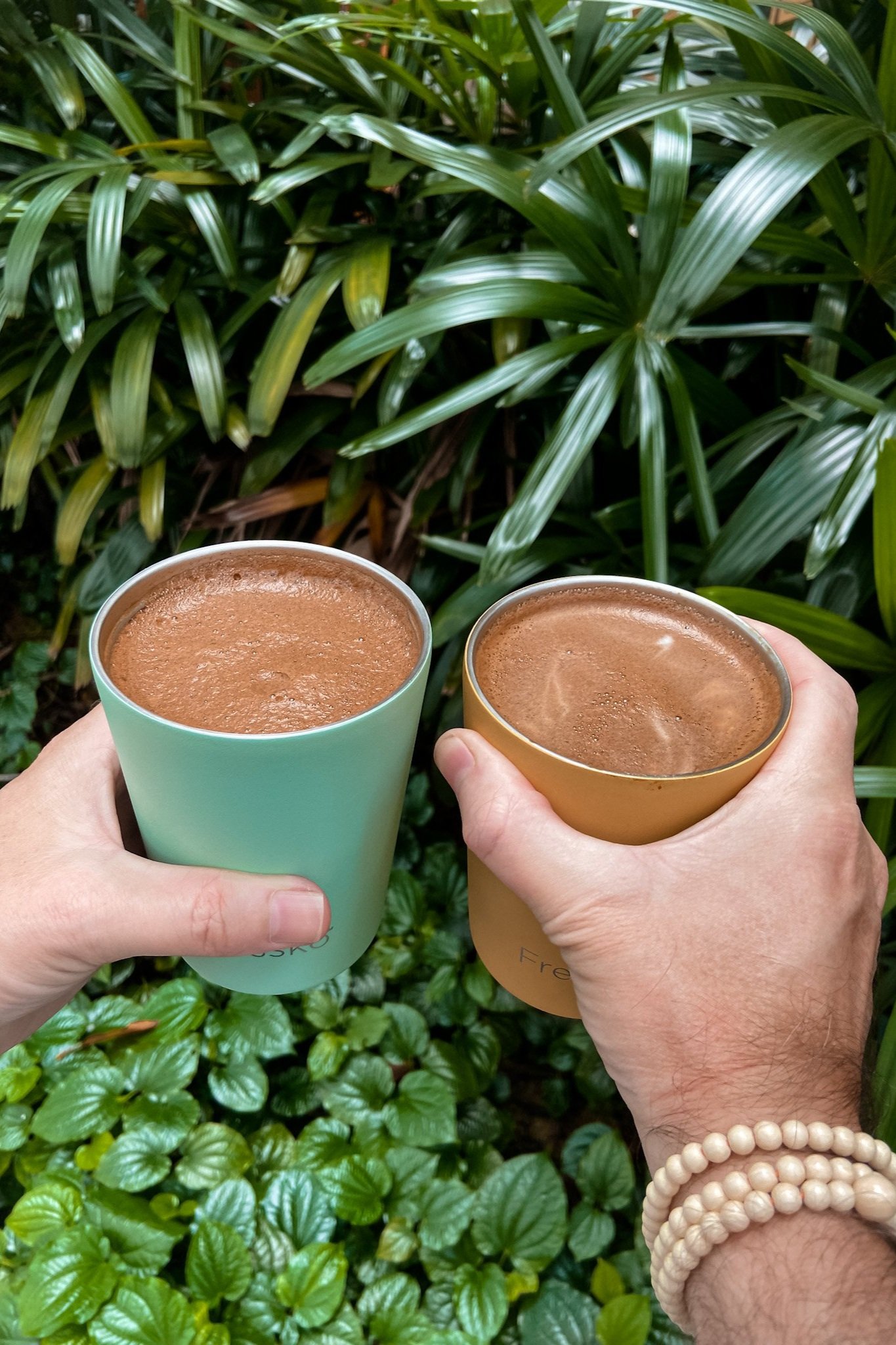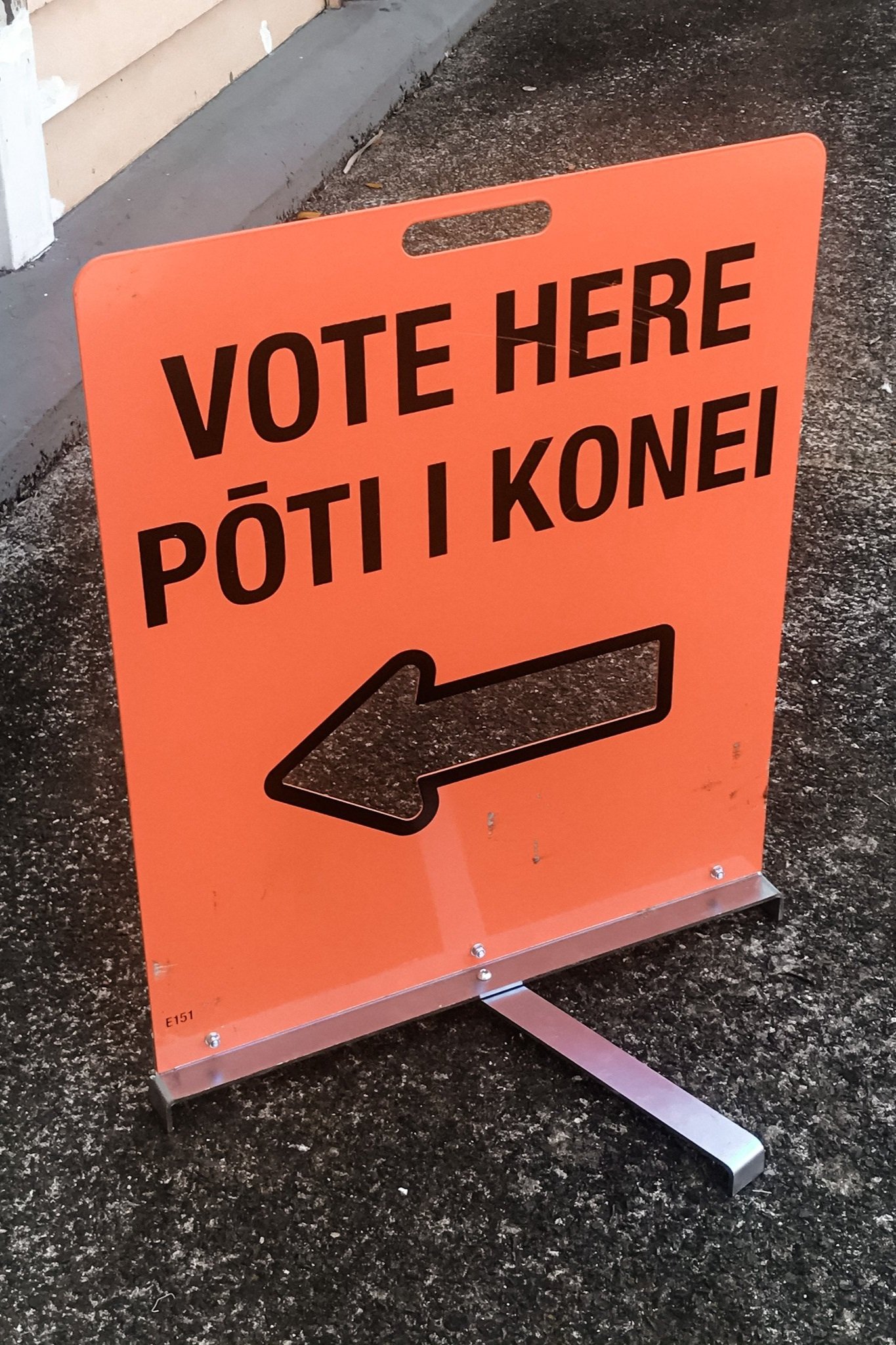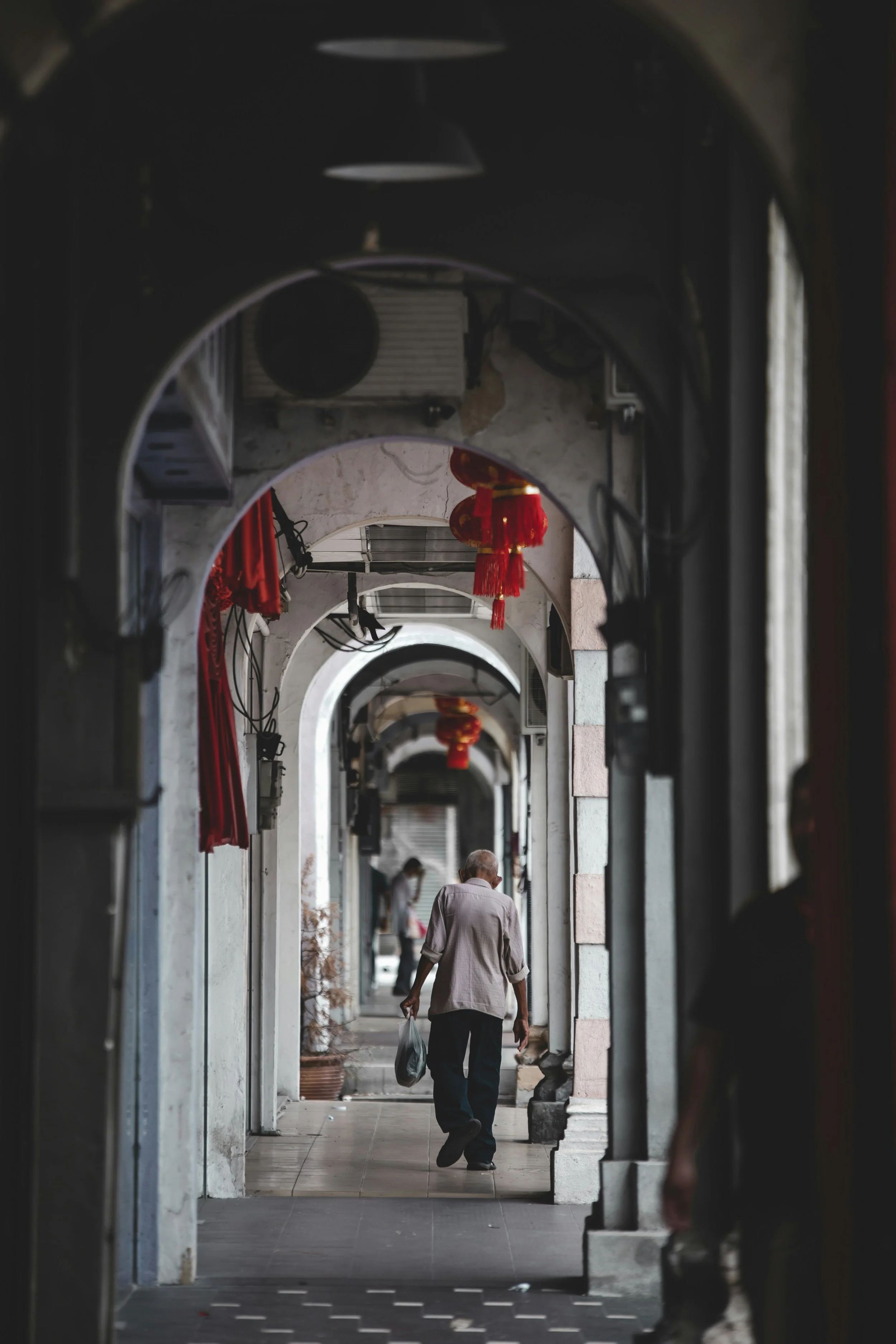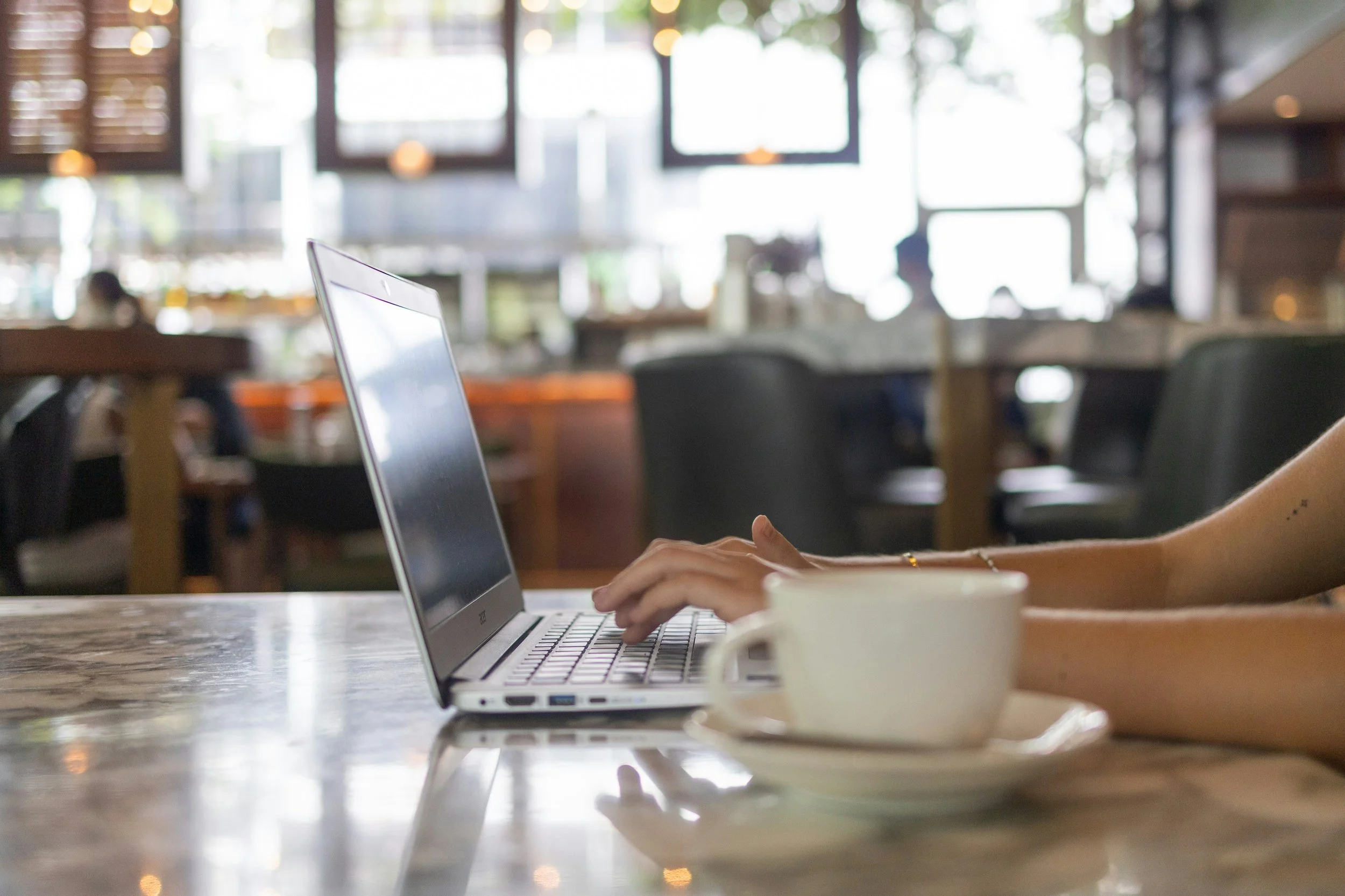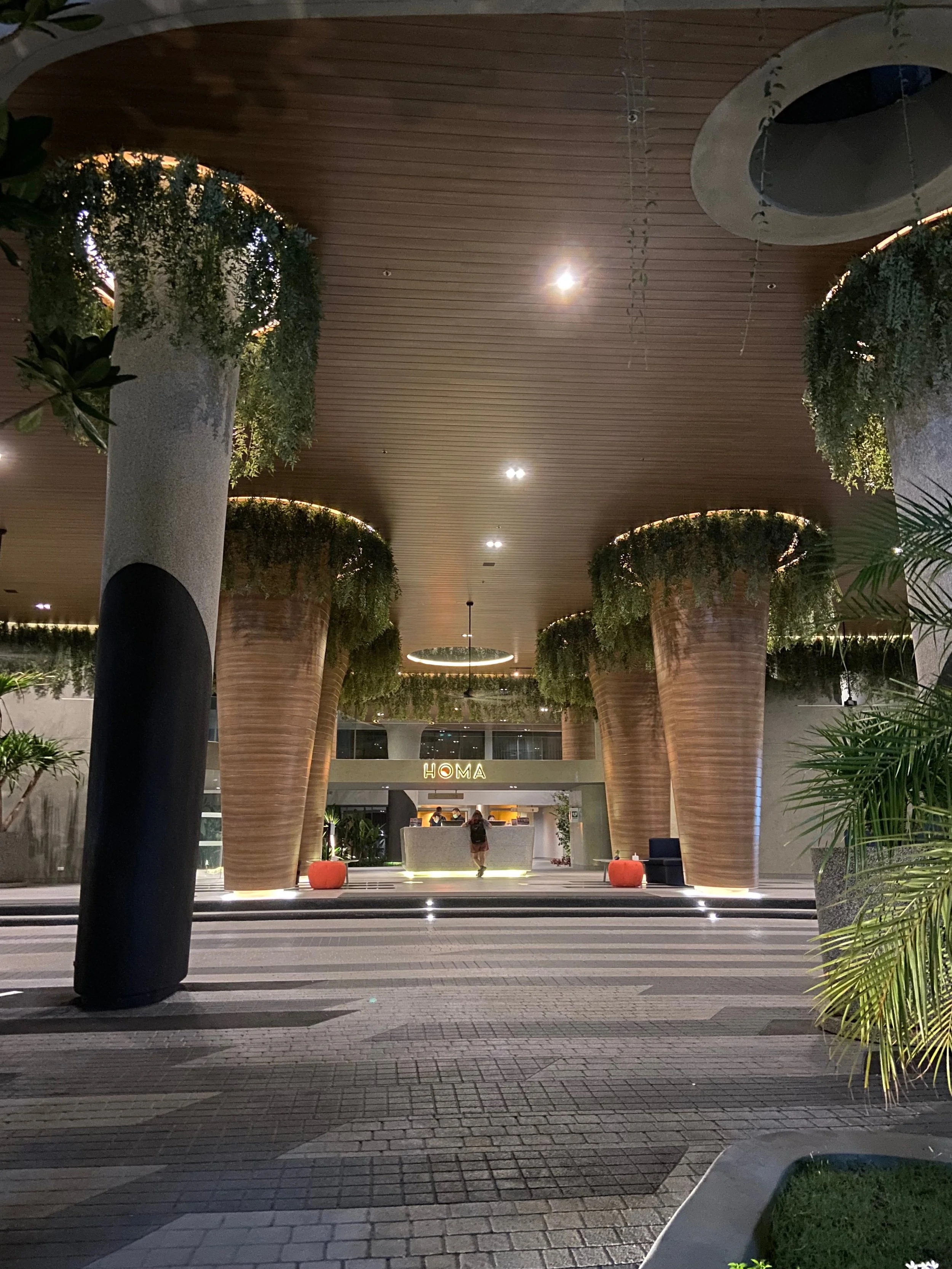How To Live More Sustainably As A Digital Nomad - With Action Steps
This post may contain affiliate links, meaning we get a commission if you decide to purchase through our links at no cost to you. This helps fund Slower Travels without costing you a cent!
As the impacts of climate change become real, we must do our best to make responsible travel choices. As digital nomads, there are plenty of steps we can take to have a positive impact on the world around us.
Yes, in some ways we are creating more emissions. Firstly, we are hugely privileged to be able to travel. This leads to emissions from just moving around the world, especially if we choose to fly. However, as digital nomads, we tend to own a lot less stuff. Rather than buying items for our homes or to wear, we spend time experiencing the world around us. We don’t own a vehicle, commute to work and take a lot of shared transport between locations.
How can we make sure that we are increasing the positive aspects of our lives at the same time reducing harm as much as possible?
How To Live More Sustainably As A Digital Nomad
Here are some of the steps we’ve taken to help us ensure we travel responsibly.
Fly Less
Flying through the air in a metal tube is one of the great feats of science. Unfortunately, the amount of carbon emitted from flying is something that we can’t ignore.
“An economy-class return flight from London to New York emits an estimated 0.67 tonnes of CO2 per passenger, according to the calculator from the UN's civil aviation body, the International Civil Aviation Organization (ICAO).”
This is about 11% of an average Briton’s annual emissions or the same as a year’s emissions of someone living in Ghana. Yes, one flight emits as much carbon as a person for a whole year.
Removing as many of these flights from your plans as possible can dramatically reduce your overall impact. The best way to do this is through planning and focusing on one region at a time. Rather than bouncing from Central America to Asia to Europe, spend longer in one spot. This will allow you to better get to know a place too.
As someone from a small island nation, far away from almost anywhere, if I live at home and want to visit other countries I have to fly (unless I want to get on a boat). Becoming a digital nomad helps me reduce the number of long flights as I can slowly travel around whole regions without having to fly back home.
Action Steps
Stay longer in one region or country.
Travel via public transport for a more local experience.
Travel overground where possible - buses, trains, tuk-tuks or even motorbikes!
Chose nearby locations rather than far-flung destinations.
If you have to fly, take the most direct route.
Catching the train in Malaysia
Catching the bus in Malaysia
Reduce Plastic Use
This is something that I find very challenging. Plastic is so ubiquitous everywhere in South East Asia. Buying a coffee? Here’s a large plastic container, with a plastic straw through the plastic lid and we’ll pop it in a plastic bag so it’s easier for you to carry. Shops and street stalls want to give you a plastic bag to carry a single item.
Recycling is mostly a lie so the only real solution here is to avoid it completely. Look for items or materials that are easier to recycle like glass or aluminium. Some products also come in reusable containers, like beer in bottles that get sterilised and refilled. I’ll drink to that.
Action Steps
Carry reusable utensils with you, especially if you’re eating at markets or from street sellers.
Bring a reusable cup along for hot and cold takeaway drinks.
Keep a reusable shopping bag on you at all times. You always need it.
Get a water filter so that you can turn tap water into drinking water.
Pick Your Location
Taking your dollars as a digital nomad or traveller to a location can help create jobs. For a lot of people, these jobs are really appreciated. But over-tourism is real. There may be locations where your money would be even more appreciated. This could be less visited cities, regions or countries. As an added bonus, in these places, you often have more chances to interact with locals which creates a more authentic experience.
Also, think about how you’re going to get to your destination. Are you going to have to fly or is there somewhere else that you could reach by train? Are you going to have to fly in and out due to short-term visas or can you get a longer-term stay so that you can stay with your feet firmly on the ground for longer?
Action Steps
Look for locations that you can take ground transportation to, if possible.
Look for locations that aren’t over-run with tourists.
Check your visa status and how long you can stay in the country to reduce your flights.
Spending a month in Boracay, Philippines
Vote
Our individual actions are not going to be enough to shift the needle when 20 companies create a third of worldwide emissions. We need regulation and legislation to shift our culture. The way you can do this is, if you have democratic elections where you are a citizen, make sure you vote. This can be tougher than rocking up to a voting booth on the day if you’re not at home. You may need to check and recheck your enrollment details, how to vote when you’re away and your requirements to ensure you’re eligible to vote. But it does make a difference.
Check out the candidates that are prioritising climate action at both the local and central government levels. If you’re in a position to, help fund their campaigns as often it’s the team with the biggest financial backing that makes it in. Then speak to those you know and help them get set to vote.
Action Steps
Check the requirements to see if you’re eligible to vote.
Research the candidates and let them know that you’ll be voting on climate issues.
Remember to vote!
Voting from abroad
Eat Local Food
Eating food the locals eat is one of the best parts of travelling. You can try flavours you’d never get at home, prepared in ways you’d never think to try. If you have dietary requirements or are worried about the spice level, speak to locals and see if they can adjust their food for you. You can also print out your requirements in the local language on a card to help you get your message across.
Eating local food also helps to support local farmers and prevents the emissions of flying your favourite foods into your location. Coming from New Zealand, I’ve seen mussels on several menus here in South East Asia when there’s plenty of great food, grown, farmed or harvested right here! Help get money into the pockets of locals by eating like a local.
Action Steps
Learn about the local specialities.
If you have any dietary requirements, get them translated so you can communicate your needs.
Local, vegetarian curries are the best option in South East Asia
Be A Good Guest
The city or country that you’re visiting, remember that it’s also someone’s home and you are a guest visiting. To be a good guest, remember to be respectful of local customs and cultures. If you’re travelling somewhere where women cover up, it’s a good idea to do the same. This is especially true in holy places like temples, mosques and churches. Look to see if people remove their shoes before entering shops or if you can flush the toilet paper. All these little things will help you fit in with the new culture.
Your activities should also contribute to the place and people, rather than detract. Avoid exploitative experiences, for instance, those that involve animals or “poverty tourism” and find ways to give back. Look for activities that are run by locals or join in community efforts like beach and river clean-ups.
Action Steps
Learn about the local customs.
Book activities that provide benefits to local people, animals and environments.
Final Note
If you’re lucky enough to be able to live as a digital nomad, then you have a responsibility to help look after our beautiful planet. This doesn’t mean giving up your lifestyle, but there are a couple of simple actions that you can take to help. If you’ve got any other tips that you think other digital nomads should embrace, please leave them in the comments below! This is such a great topic for us all to learn from each other.



